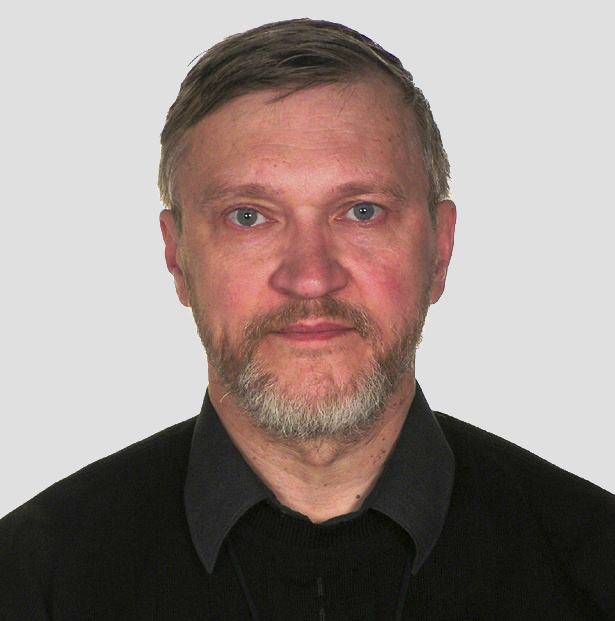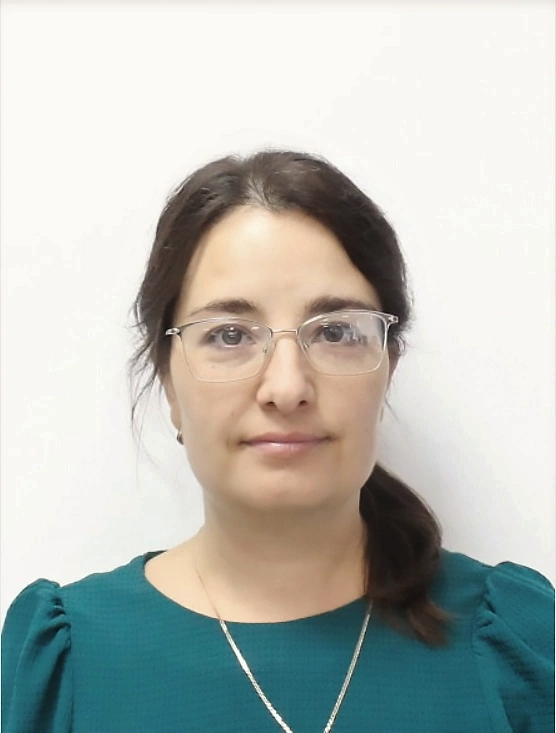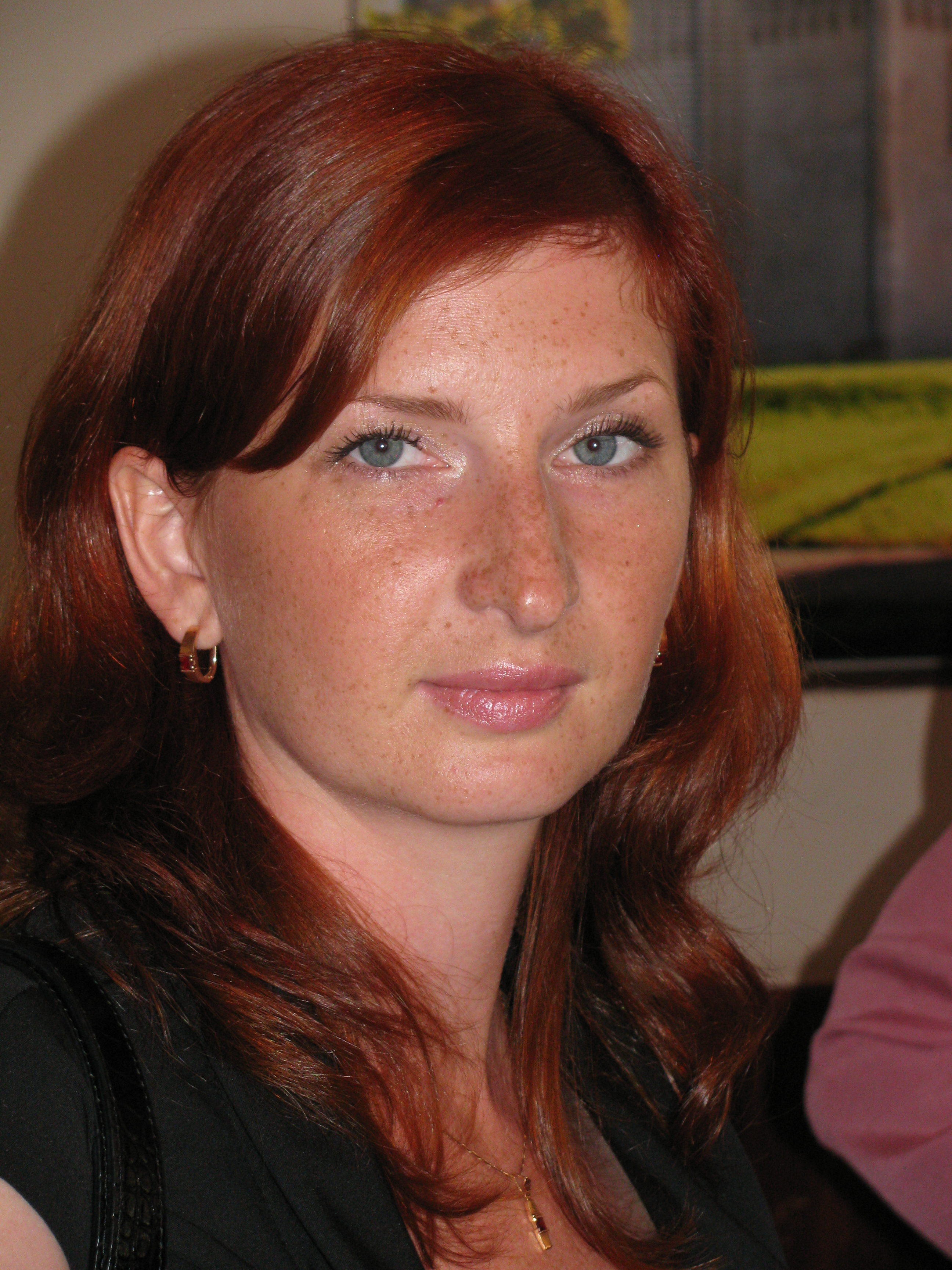The article offers an analysis of a number of Russian studies of the work of Niklas Luhmann (1927–1998), focusing on the understanding of religion as a special autopoietic subsystem of society. The authors describe the formation of “differences” in the religious sphere of social life and their “autopoiesis”. The first ideas about religion as the “faith” (“вѣра”) of the prince and the court elite are implicitly recorded from the 10th – 11th centuries in the context of “theological”, reflections on “true piety”, which, like “truth” and “law”, opposed “lie” and “lawlessness”. The term “religion”, generally accepted today, has been fixed in texts in Russian since the beginning of the 18th century, remaining rare until the second half of the 60s of the 19th century. By the beginning of the 20th century, it acquires about 20 meanings in a spectrum of connotations from the extremely sublime (“saving truth”) to the extremely profane (“opium for the people”) in the “atheistic” publications of the Soviet period, when the authorities begin to construct “communism” as a global perspective “universe of truth”, in which “atheism” must be established, and all religions must “die off”. Modern Russian religious studies “academically” describe the phenomenon of religion in a number of specialized research areas with its own distinctions of “true/false”, including understanding it as an “autopoiesis” of the beliefs of our fellow citizens and their communities as “actors” of communication processes that are part of the social subsystems of science, rights, media, etc. with its “atheistic/religious” distinctions. The publications of the 21st century discuss the variety of meanings of the Latin word “religio” and its derivatives, denoting both the infinitely complex and indescribable “extra-linguistic reality” of a person’s existence in the world, and local forms of “observing of the unknown”, reducing everything “unmastered” to the languages of the confessional “piety” and individual or group “vernacular religiosity”, which today can be understood “theologically”, “atheistically” or “academically”.
Keywords: religion, atheism, Russia, vernacular religiosity, analysis of differences, autopoiesis, N. Luhmann
DOI: 10.22250/20728662_2022_1_72
About the authors
 |
Evgeniy I. Arinin – DSc (Philosophy), Professor, Head of the Department of Philosophy and Religious Studies, |
 |
Maria S. Lyutaeva – assistant at the Department of Philosophy and Religious Studies, |
 |
Natalia M. Markova – PhD (Philosophy), Associate Professor, Assistant Professorof the Department of Philosophy and Religious Studies, |






